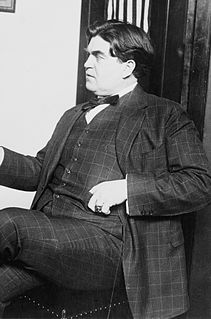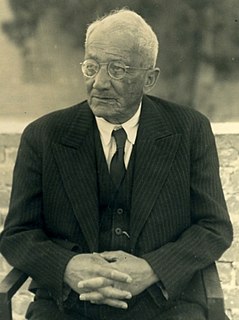A Quote by Gordon B. Hinckley
Knowledge without labor is profitless. Knowledge with labor is genius.
Related Quotes
[A.J. Muste] was from Michigan and he grew up in the Dutch Reform Church there, which is a fairly strict church. He later came to New York. He was the minister of a labor temple in the - on the East Side. Then he founded, to my knowledge, the first, maybe the only, labor school; that is, Cornell has a labor department and other schools. But this was a school for - entirely for labor organizers, and he was the - the chairman.
Labor, being itself a commodity, is measured as such by the labor time needed to produce the labor-commodity. And what is needed to produce this labor-commodity? Just enough labor time to produce the objects indispensable to the constant maintenance of labor, that is, to keep the worker alive and in a condition to propagate his race. The natural price of labor is no other than the wage minimum.
All that serves labor serves the Nation. All ^ that harms labor is treason to America. No line can be drawn between these two. If any man tells you he loves America, yet hates labor, he is a liar. If any man tells you he trusts America, yet fears labor, he is a fool. There is no America without labor, and to fleece the one is to rob the other.
Without culture there can be no growth; without exertion, no acquisition; without friction, no polish; without labor, no knowledge; without action, no progress; and without conflict, no victory. The man who lies down a fool at night, hoping that he will waken wise in the morning, will rise up in the morning as he laid down in the evening.
Labor, like Israel, has many sorrows. Its women weep for their fallen and they lament for the future of the children of the race. It ill behooves one who has supped at labor's table and who has been sheltered in labor's house to curse with equal fervor and fine impartiality both labor and its adversaries when they become locked in deadly embrace.




































